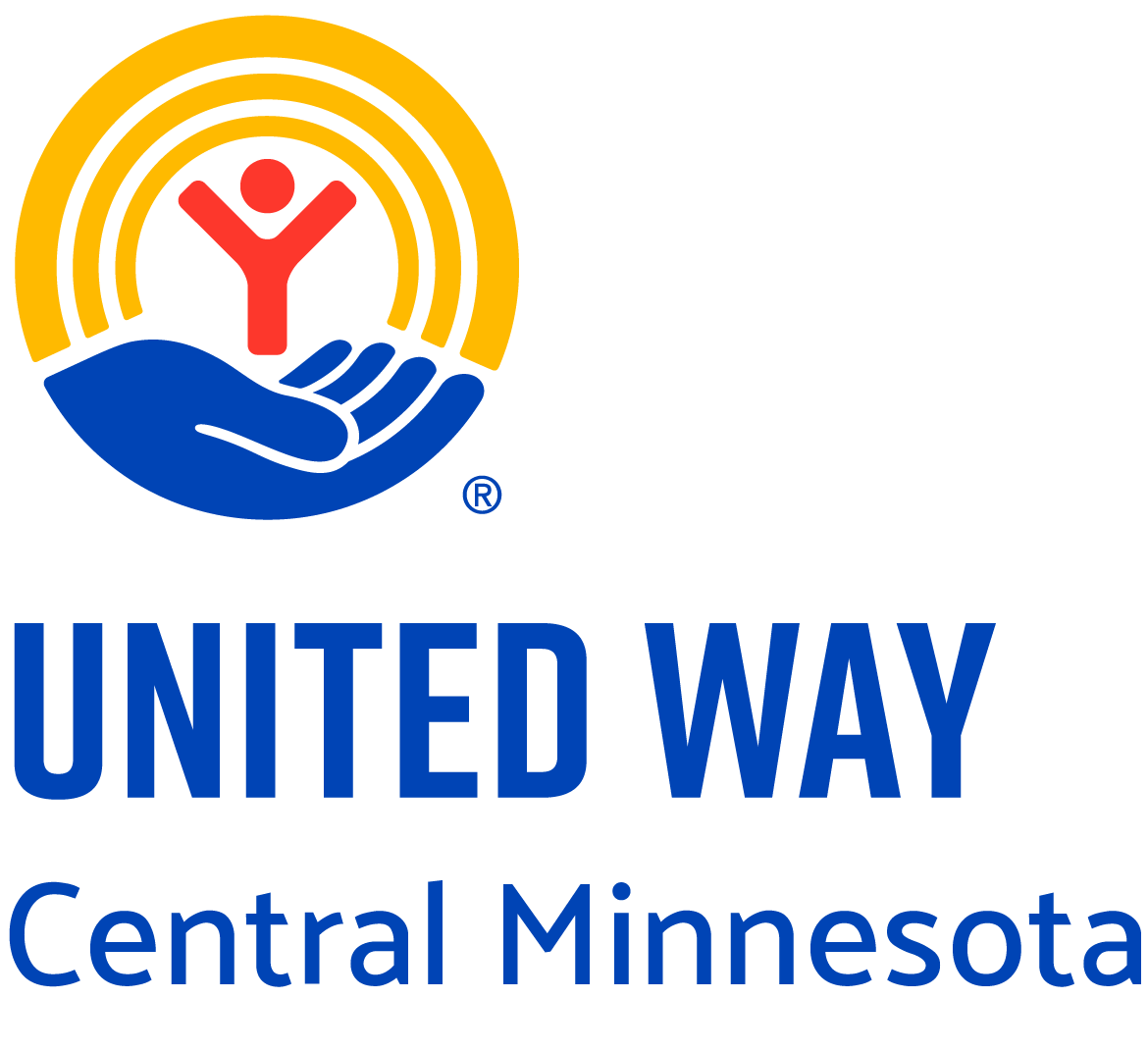Most people are quite familiar with 911, an emergency telephone number that connects callers with law enforcement, firefighters and medical services. Since Canada and the United States use the same telephone switching system, 911 dispatch centers serve residents throughout the provinces as well as the states.
In addition to 911, there are other, lesser-known N11 numbers, or telephone short-codes, that connect callers to a broad range of community services. These N11 numbers address non-emergency concerns like locating underground public utilities (811) or providing Telephone Devices for the Deaf (TDD) and relay services (711). 211 is designated by the FCC to connect callers to community information and referral services.
In Minnesota, as well as many other states, 211 services are not under the jurisdiction of state or county government agencies; they're operated by United Way and are funded by grants and donations. 211 operators are available 24/7 and are trained to quickly assess needs and connect callers to the resources they need.
What Resources Can 211 Provide?
United Way 211 provides confidential and free health and human services information in all languages. Within the state of Minnesota alone, 211 call centers have access to a shared database containing more than 40,000 resources. However, the most common reasons Minnesota residents call this non-emergency hotline include the following:
1. Food and Housing Support
In addition to food pantries and meal delivery options, 211 can connect callers with information about the Supplemental Nutrition Assistance Program (SNAP); the Special Supplemental Nutrition Program for Women, Infants, and Children (WIC), and other meal options for school children and seniors. Call center operators are also frequently asked about rent assistance, home repair, and low-cost housing programs. While food and housing support have always been critical, during the pandemic, call center specialists saw a 150% increase in connections to food programs alone.
2. Mental Health and Substance Abuse Resources
The pandemic also led to a mental health crisis throughout the United States in both adults and children. Individuals struggling with mental health issues and parents seeking help with their child's mental illness can find a range of services available through 211, including counseling, crisis intervention, and treatment options for substance abuse issues.
3. Legal Assistance
United Way 211 is also frequently contacted to provide help with a wide variety of legal matters, like applying for government benefits, self-representation, driver's license retention and reinstatement, child custody and much more.
4. Youth Programs
A variety of youth programs, including tutoring services, youth employment opportunities, and recreational and therapeutic camps are available throughout Minnesota. While a Google search may yield only a few results, speaking with a 211 specialist is an excellent way to learn about what programs are out there, and what might be a good fit for children with special needs.
5. Medical and Dental Clinics
Screenings, specialized treatments, medical equipment and more can be prohibitively expensive, even for those who have health insurance. 211 operators often receive calls for non-emergency medical needs throughout Minnesota.
6. Job Training Opportunities
Requests for vocational training and employment opportunities typically account for 5% of 211 calls in Minnesota. Call center specialists also connect state residents with tax preparation services, unemployment benefits offices, and money management resources.
7. Household Items
People in need of clothing, school supplies, appliances, furnishings, and more can receive assistance through 211. These items may seem secondary to other concerns, but a lack of access to a comfortable bed, for example, can exacerbate job and school performance issues, and affect physical and emotional health. Furniture often plays a crucial role in allowing residents to accomplish tasks, like preparing meals, doing school work and resting comfortably after a day's work.
How Does 211 Benefit the Community?
While there will always be a need for non-emergency health and human services, in times of hardship, 211 is an excellent source of data about rapidly changing circumstances throughout the community. During the height of the pandemic, for example, past surveys and other government data could no longer provide an accurate picture of what and where community needs were greatest. 211 call centers provided real-time information to relief organizations and nonprofits about what kind of support residents needed most, and how resources could be allocated effectively.
While 911 remains the most widely known N11 number, many people are not aware that 211 exists, let alone that it connects callers to critical resources and support. Calling 211 does much more than save residents a tremendous amount of time trying to research which service might be right for them. 211 call centers also help prevent many issues from developing into emergencies. Access to community health centers alone can reduce 911 calls by 22%. That number represents significant savings to the entire community and results in far better long-term.
How You Can Help
To boost awareness, United Way helped launch a 211 public service advertising campaign in mid-July 2021. But there are many ways you can help spread the word. An ounce of prevention is worth a pound of cure, and one simple post on social media can have a far broader audience than any television campaign. February 11th is National 211 Day, and it's an excellent opportunity to let people know that help is just three digits away.



.jpg?width=650&name=United%20Way%20Facebook%20(41).jpg)


